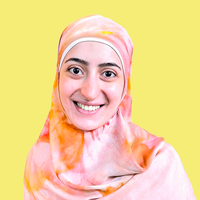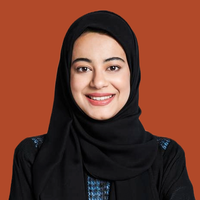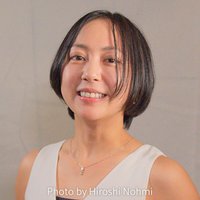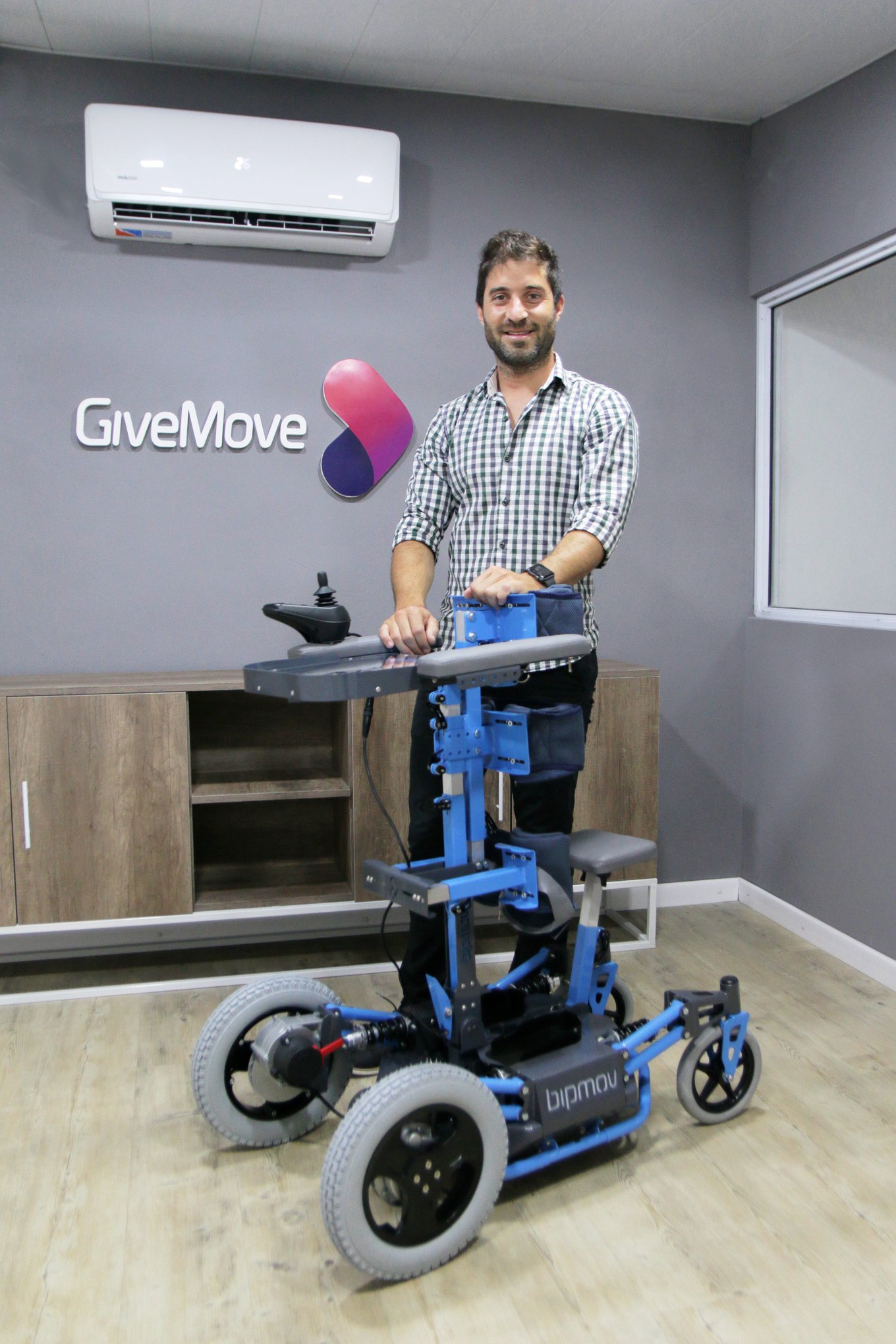Biotechnology & medicine
Alejandro Bisi
Using technology to give more independence to children with motor disabilities through motorized standing frames.

MENA
Hoda Farhat
A sensor system capable of continuously monitoring glucose variations in a contactless and wireless manner with high accuracy.

Global
Nicole Black
3D-printed an all-new material that could be used like a healthy eardrum.

MENA
Hessa Alfalahi
First medical diagnostic stethoscope driven by Artificial Intelligence for detecting neuropsychiatric disorders.

Japan
Noriko Endo
Advancing the implementation of wastewater surveillance to improve public health surveillance for COVID-19 and beyond.
